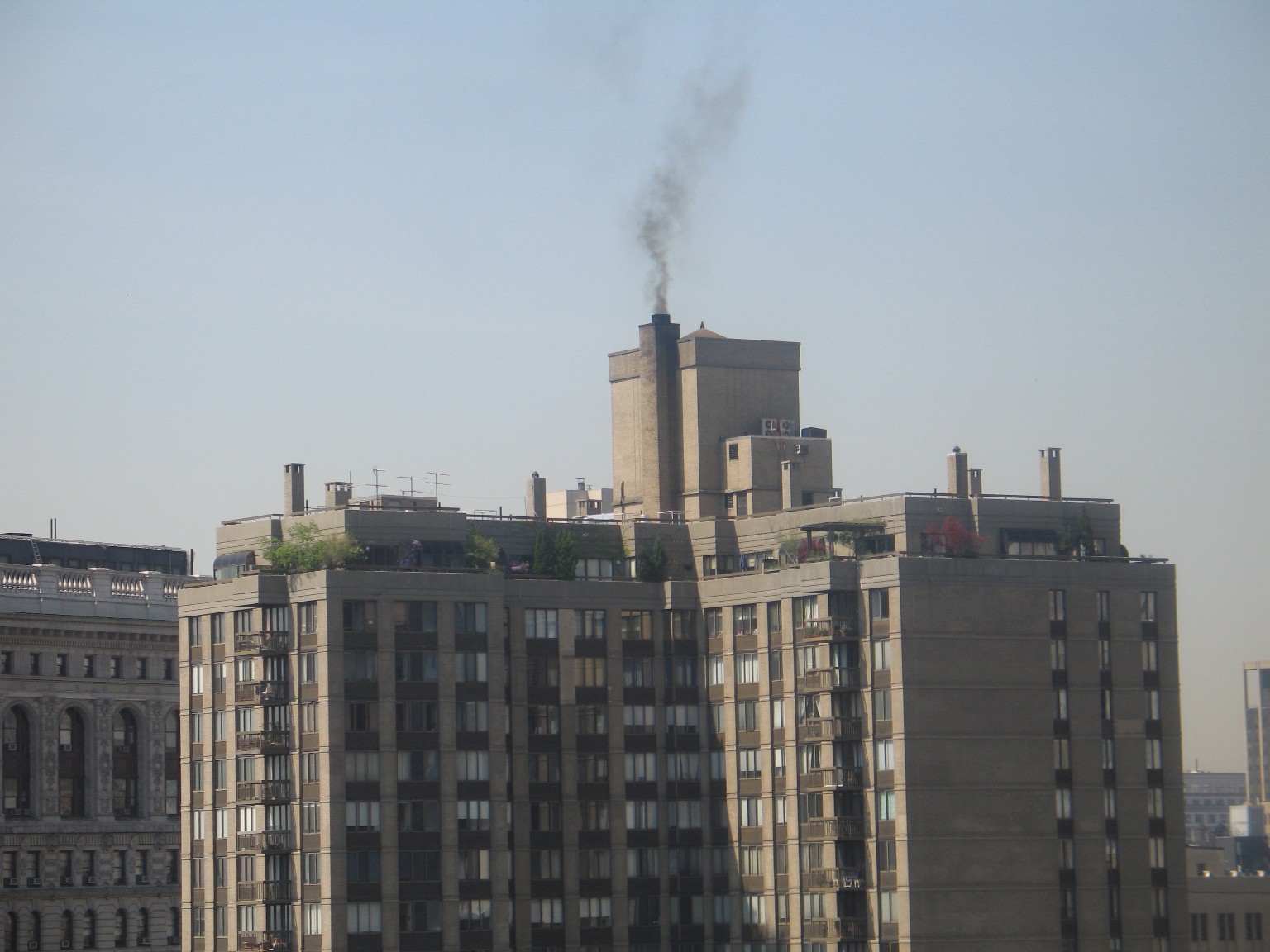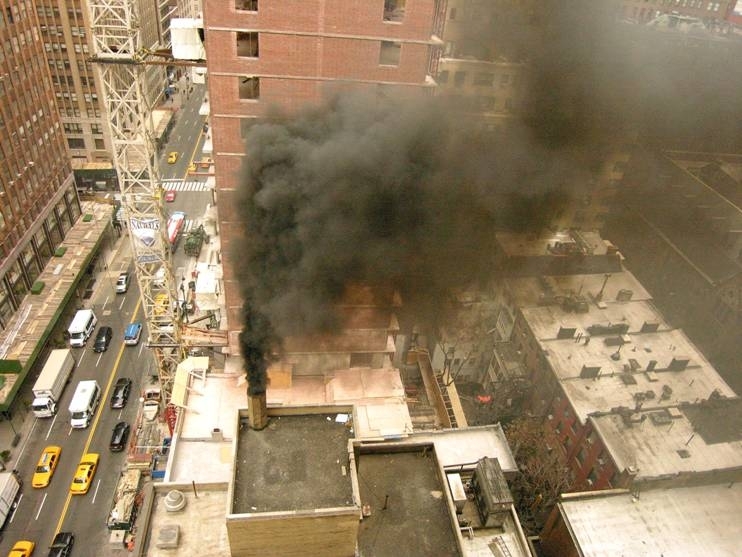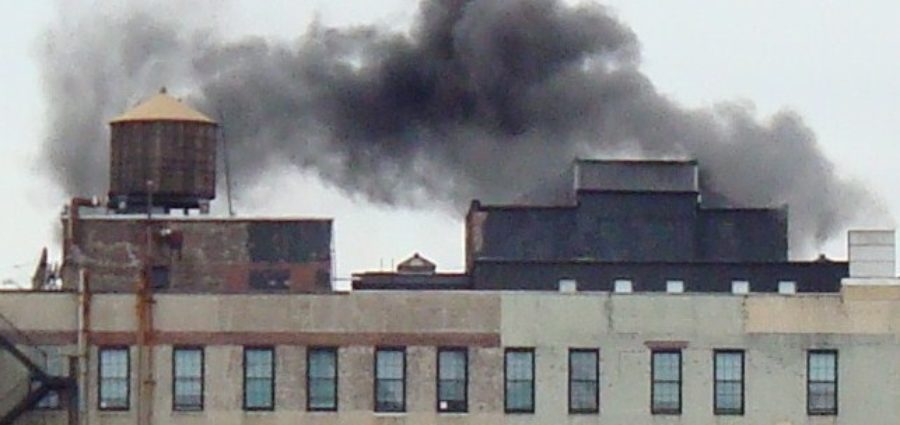Between 73 and 188 lives could be saved every year if certain large buildings in New York City stop burning dirty heating oil. That is one of the findings of a report released this morning by the Institute for Policy Integrity (Policy Integrity).


“Residual Risks: The Unseen Costs of Using Dirty Oil in New York City Boilers” looks at the benefits of using cleaner fuel to heat the City’s buildings. Full report and supplement are available here and here respectively.
In his State of the City address this past Wednesday, Mayor Bloomberg began by talking about “lift[ing] our city to new heights” by “doing the fundamentals well.” Among those fundamentals, he mentioned that he would be “making our air cleaner by greening the heating fuels used by schools and large buildings.”
Reports estimate that about 9,000 big buildings in Manhattan, Brooklyn, Queens, and the Bronx have boilers that burn residual oil to heat their units. Essentially the leftovers from the petroleum distillation process, residual oil releases soot and toxic chemicals into the air when burned. Small particles in soot pollution can travel deep into lungs and even slip directly into the bloodstream. Over time, inhaling the fumes can lead to cardiovascular disease, asthma, and early death.
Policy Integrity executive director, Michael Livermore said, “Residual oils are a major contributor to local air pollution that takes too many lives each year. We commend Mayor Bloomberg for committing to clean our air and keep New Yorkers healthier.”
The increased health risks from exposure to the elevated soot concentrations in the City’s air are comparable to those expected for a non-smoker who lives with a smoker. To that extent, the health of the millions of people who live and work here are at risk—higher particle pollution results in higher risks of cardiovascular and respiratory disease.
Kevin Cromar, Policy Integrity’s public health fellow said, “The health benefits of switching to cleaner fuels are significant. It is a relatively easy step that New York City can take to clean our air and save lives.”
“Residual Risks” used an innovative approach to calculate how much soot in New York City’s air can be traced back to the burning of residual oil. This is made possible by two special characteristics of residual oil: First, its emissions are high in nickel making residual oil easy to trace, and second, its use varies widely from winter to summer. By comparing heating season and non-heating season nickel concentrations, in conjunction with other factors, we the study was able to determine what the air would be like if residual oil were phased out.
The Institute for Policy Integrity at New York University School of Law is a non-partisan think-tank that works with advocacy organizations and governments to use economics and law to protect the environment, public health, and consumers. At the national and local levels in the United States and across the globe, Policy Integrity projects bring economics to bear on issues like climate change, public health, and net neutrality.








